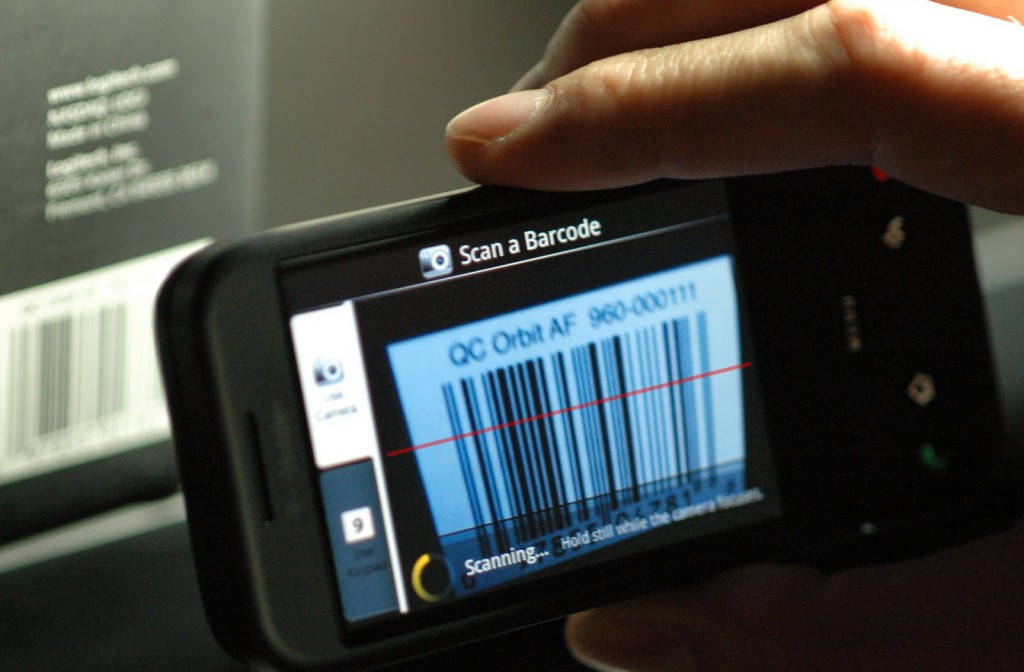
January 24, 2015
Pushing the bounds of materials and information: tracking and tracing in a circular economy
Fab Lab London, 16th February 2015, 10am – 4.30pm
As experimentation for a circular economy gathers pace, it is becoming more and more evident that we need an effective way to track and trace materials, components and products through a system –from manufacture to end of life. One of the key lessons that came out of our initial investigations at The RSA Great Recovery was that ‘the ability to track and trace materials is key to reverse engineering our manufacturing processes and closing the loop’.
This new trend for source mapping and tracing materials through a system, as exemplified by companies such as Historic Futures or Dutch aWEARness, is now converging with an upsurge of interest and activity in the so-called ‘Internet of Things’, with companies such as Cisco predicting an explosion in the number of ‘intelligent’ products that are able to anticipate our every move and connect us as never before.
In this workshop, participants will be introduced to the concept of material tracking and tracing and what it could mean for the nascent circular economy. In the morning session, we will hear from two practitioners in the field: Thomas Diez of Fab Lab Barcelona who has developed the open source Smart Citizen project, and Alan Dukinfield of S2S Lifecycle Solutions, who has overseen the installation of a RFID material tracking system in a commercial context. We will hear from Dr Kate Goldsworthy and Miriam Ribul at Chelsea College of Arts, who have been involved in developing new research around closed-loop textile design and methods of tracing clothing through a system. And Rien Otto from aWEARness, will join us via videolink to discuss the Dutch clothing company’s experience of introducing their Circular Content Management System
During the afternoon session, participants will be able to get ‘hands on’ and make use of the facilities and expertise at Fab Lab London to develop a practical project of their own. This could include RFID or bar coding, Arduino or other types of sensor technology. If you already have a project you are working on, you are welcome to bring it along. Otherwise materials and components will be provided.
Sign up here to reserve your place!
Please note that lunch is not provided.
Tomas Diez is the Director of Fab Lab Barcelona, and as such has helped to pioneer the Smart Citizen project in Amsterdam. The Smart Citizen kit is an open source hardware device, a website for collecting data, an API and a mobile app that can measure CO2 and NO2, temperature, humidity, light intensity and noise levels using low-cost sensors. This information can then be shared in real time. Waag Society, Amsterdam Smart City and the Amsterdam Economic Board created a temporary network of sensors in Amsterdam and collected and measured results over three months.
Alan Dukinfield is the Managing Director of S2S Group, a commercial recycling and information systems company. They have recently installed a new PAS141 system for the refurbishment and re use of electronics, which uses RFID tagging of to track items and also incorporates touchscreen user interfaces.
Rien Otto joins us from aWEARness , a Dutch sustainable fashion and textile company that is designing products ‘to be reused endlessly’. Their Circular Content Management System (CCMS) brings together all partners in the supply chain and gives unique barcodes to products and materials so that they can be tracked through every stage of their life cycle. This in turn is linked to purchasing and Life Cycle Analysis tools, allowing information to be shared across a wider framework.
Dr Kate Goldsworthy is a textile designer and senior lecturer at Chelsea College of Art. She has played a key role in setting up the Textile Toolbox for the Textiles, Environment, Design project at the University of the Arts London (UAL) and is supervising a PhD project in tracking and tracing methods for textiles.




